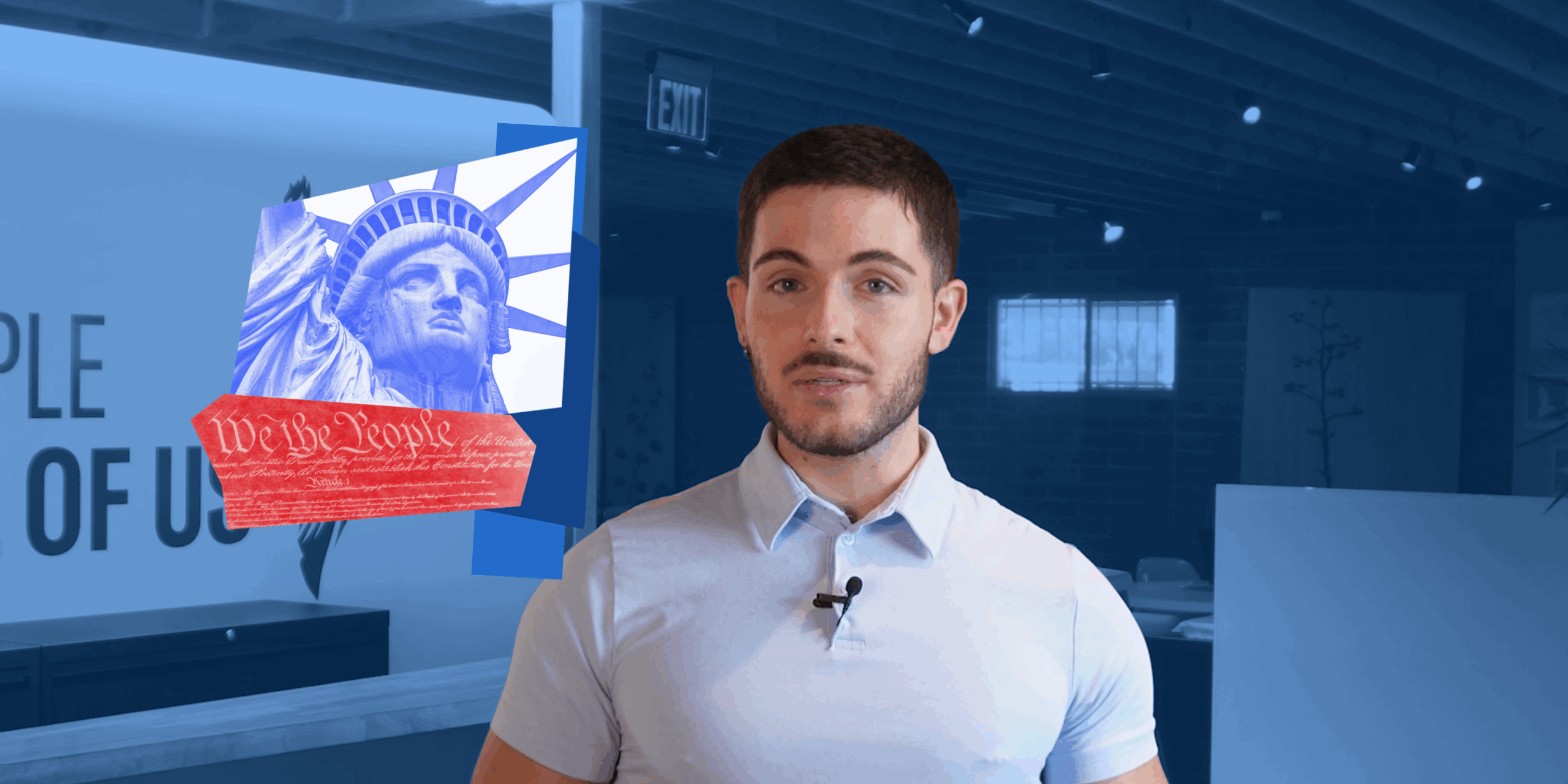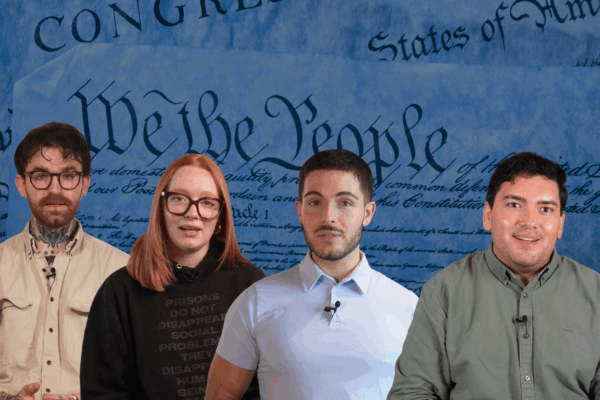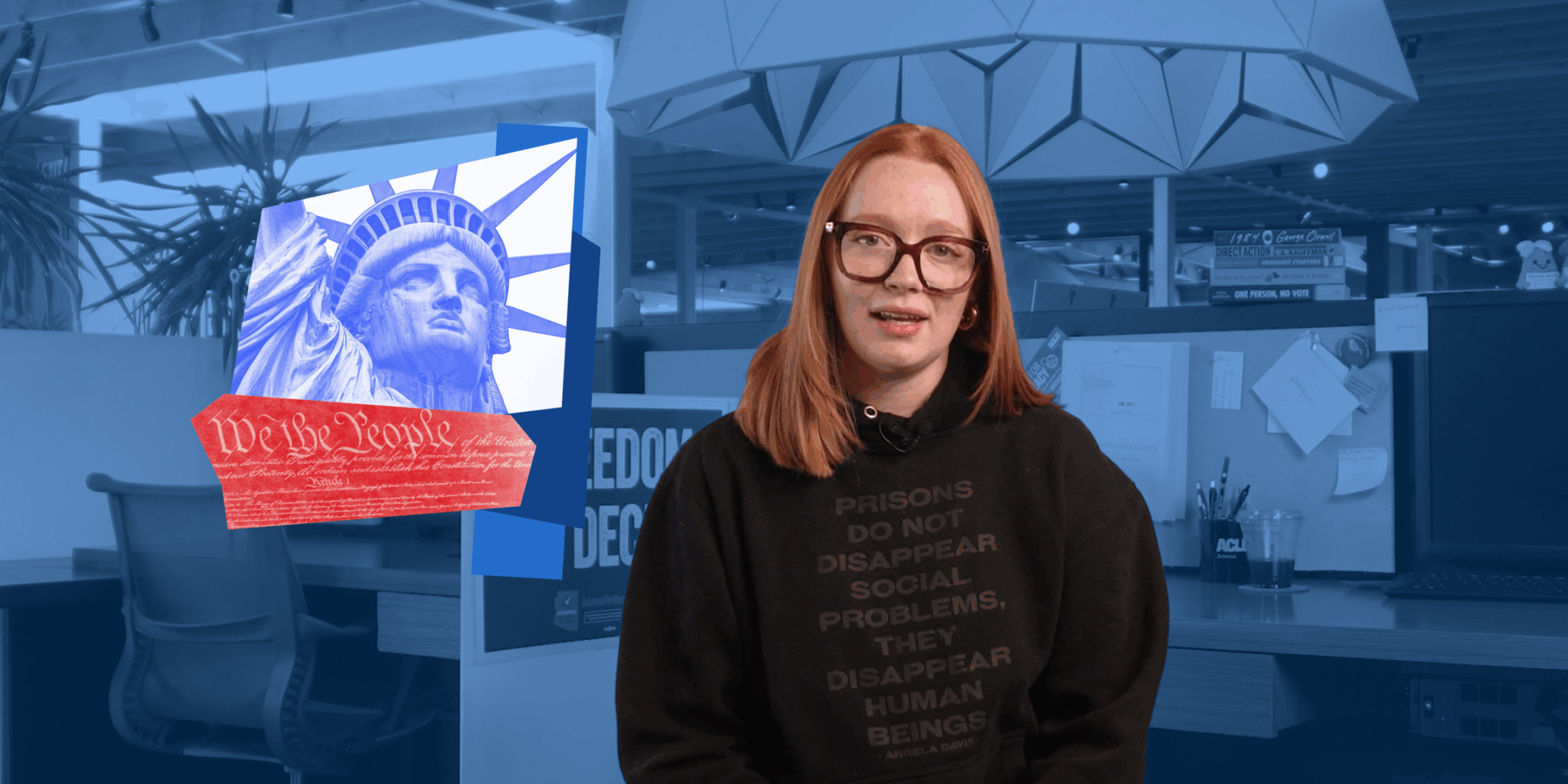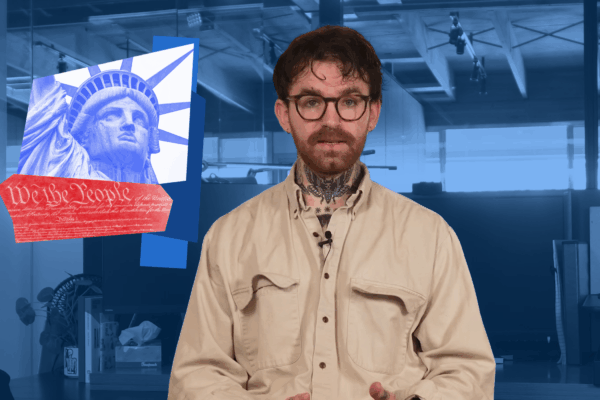Imagine a country where journalists could be punished for telling the truth. Where the government could silence a story before it’s even published.
Sounds like something out of a dystopian novel, right? Maybe something you'd see in a movie or hear in a podcast about authoritarian regimes. But here’s the truth: this is a very real concern — even here in the United States.
And while this may feel like a recent development, the fear of a censored press was very much alive when the U.S. Constitution was written. The people who shaped our democracy understood the danger of unchecked power, and they made sure the press had a critical role in holding that power accountable.
Let’s talk about freedom of the press — what it is, why it matters, who it protects, and why it's under pressure once again.
What Is Freedom of the Press?
The First Amendment of the U.S. Constitution says:
“Congress shall make no law... abridging the freedom of speech, or of the press.”
At its core, freedom of the press means the government can’t control what the media publishes, and it can’t punish journalists just because they reported something uncomfortable, controversial, or critical.
But "the press" today means more than just newspapers. It includes:
- TV and radio journalists
- Podcasts and digital media
- Websites and independent creators
- Investigative reporters and bloggers
A free press is a cornerstone of democracy. It informs the public, keeps leaders honest, exposes injustice, and ensures transparency at all levels — from City Hall to Capitol Hill.
A Little History: Why the Founders Cared So Much
In the 1700s, American colonists weren’t just drinking tea and wearing powdered wigs — they were obsessed with pamphlets. The era’s version of viral content.
Thomas Paine’s Common Sense wasn’t just a pamphlet. It was revolutionary, literally. It influenced the colonies to break free from British rule.
Under British rule, criticism of the king could land you in jail. The government tightly controlled the press, and dissent was criminalized. That’s why the Founding Fathers made freedom of the press one of the very first protections in the Bill of Rights. They knew that without a free press, democracy can’t survive.
Things the Government Can’t Do to the Press
Let’s break it down.
No Prior Restraint
The government can’t block a story before it’s published — even if it’s controversial or inconvenient. This is called “prior restraint,” and it’s almost always unconstitutional.
No Retaliation for Reporting
If a journalist uncovers corruption and the government responds by revoking credentials, issuing threats, or cutting off access? That’s a red flag — and likely a First Amendment violation.
Defamation? Hard to Prove
Public figures can sue for defamation, but it’s a high bar. They have to prove:
- The reporting was false, and
- The journalist published it knowing it was false
This high standard protects journalists from being sued into silence.
No Press Pass Discrimination
The government can’t deny a press pass just because it doesn’t like what someone reports. That would be content-based discrimination, and it's a First Amendment no-go.
Shield Laws and the Legal Landmines Journalists Face
Journalism isn’t just writing and reporting. It also means navigating tricky legal terrain.
Many states have shield laws that let journalists protect their sources. But there's no federal shield law, so protections vary wildly.
In Branzburg v. Hayes (1972), the Supreme Court ruled that journalists don’t have a constitutional right to withhold sources when subpoenaed. Since then, it’s been a legal gray area that’s still evolving — and often dangerous for investigative journalism.
Landmark Case: The Pentagon Papers to Today
One of the most iconic press freedom cases in U.S. history came during the Vietnam War.
In the 1970s, The New York Times published the Pentagon Papers — classified documents revealing that the U.S. government had misled the public about the war.
President Nixon tried to block publication, arguing it threatened national security. The Times argued the public had a right to know.
The Supreme Court ruled 6–3 in favor of the Times, affirming that even highly sensitive material could be published if it served the public interest.
This case set a powerful precedent: the government cannot use “national security” as an excuse to censor public interest journalism.
Even with that strong precedent, press freedom has been tested in modern times — and not just in theory.
In February 2025, President Trump banned the Associated Press from White House press briefings. Why? Because the AP refused to use Trump’s new name for the “Gulf of Mexico” — he insisted on calling it the “Gulf of America.”
The AP sued, and a federal judge ruled in their favor — but that ruling was later paused by an appeals court. The fight continues.
This isn’t an isolated case. It’s part of a troubling pattern of government efforts to intimidate, punish, or silence media organizations that refuse to fall in line.
What Does This Mean for YOU?
It’s not just journalists who benefit from freedom of the press.
Thanks to public records laws and the Freedom of Information Act (FOIA), anyone can request government documents, not just news organizations. Whether you’re a student, activist, or concerned citizen, these laws give you the tools to investigate and uncover the truth.
In Arizona, the ACLU and local journalists have used these laws to expose corruption and fight for transparency. And when the government stonewalls? We sue.
Can You Record the Police?
Yes. And that’s part of press freedom, too.
In 2022, Arizona tried to pass a law banning people from recording police within 8 feet. The ACLU and media organizations challenged it in court and won. The law was struck down before it could take effect.
Why? Because you don’t lose your rights when you hit record. Whether you're a journalist or just someone with a smartphone, you have the right to document law enforcement in public spaces.
Why a Free Press Matters More Than Ever
A free press isn’t just a constitutional right.
It’s a safeguard. It’s one of the few things standing between democracy and dictatorship.
When journalists are silenced, the public stays in the dark. When reporters are threatened, truth suffers. And when the press is punished, we all lose.
Next week, we’re diving into another First Amendment freedom: religion. What does “freedom of religion” really mean in today’s America — and how far does that protection go?
Until then, remember: you have rights. Make sure you know them!






